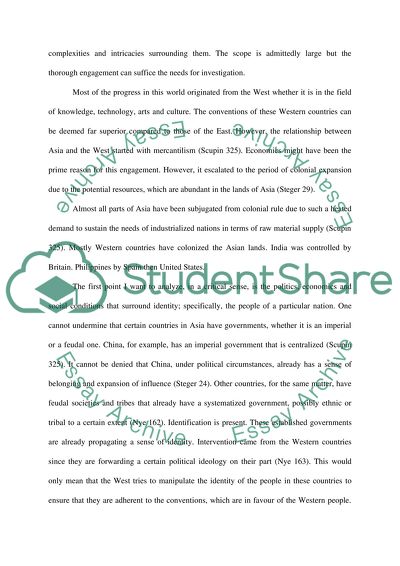Cite this document
(“Globalization and Identity Essay Example | Topics and Well Written Essays - 2250 words”, n.d.)
Globalization and Identity Essay Example | Topics and Well Written Essays - 2250 words. Retrieved from https://studentshare.org/history/1448858-about-globalization
Globalization and Identity Essay Example | Topics and Well Written Essays - 2250 words. Retrieved from https://studentshare.org/history/1448858-about-globalization
(Globalization and Identity Essay Example | Topics and Well Written Essays - 2250 Words)
Globalization and Identity Essay Example | Topics and Well Written Essays - 2250 Words. https://studentshare.org/history/1448858-about-globalization.
Globalization and Identity Essay Example | Topics and Well Written Essays - 2250 Words. https://studentshare.org/history/1448858-about-globalization.
“Globalization and Identity Essay Example | Topics and Well Written Essays - 2250 Words”, n.d. https://studentshare.org/history/1448858-about-globalization.


